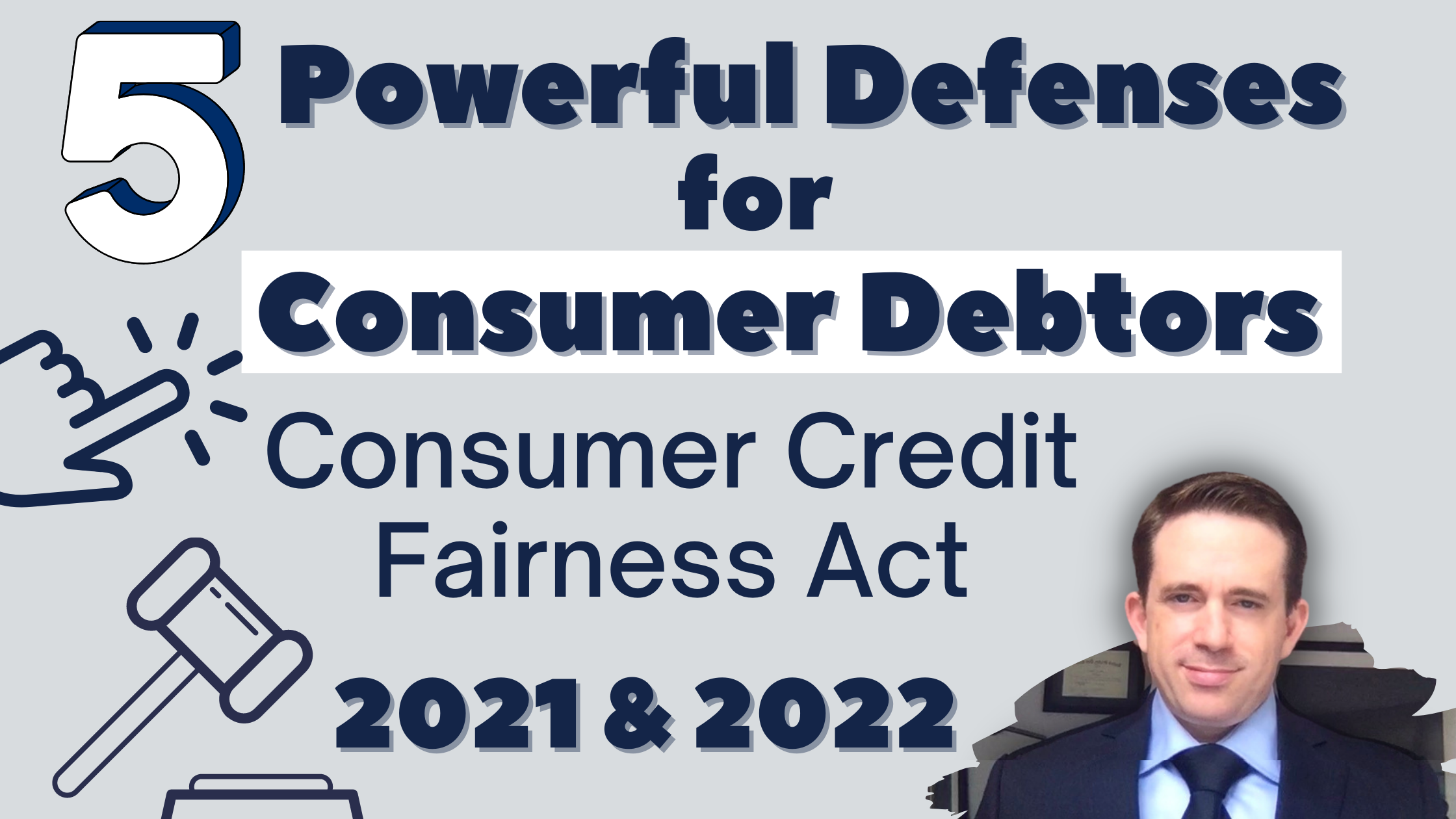New York City Credit Card Lawsuit Lawyer
About Credit Card Lawsuits
At times, New York City lower courts have been dubbed "the credit card courts" because of the high volume of credit-card lawsuits brought by banks and debt buyers. Many cases are defensible. Some may be entirely inaccurate and therefore frivolous. Debt-buyer lawsuits tend to be concentrated in New York's lowest income communities and communities of color, with devastating results. Armed with judgments, judgment creditors freeze bank accounts, garnish their wages, or seek other assets.
Judgments arising from collection lawsuits can block New Yorkers' access to housing, credit, or employment.
The Langel Firm has developed a passion niche in these cases. Specific challenges to evidence and exposing collector violations are fundamental to our success. We are constantly studying the evolving consumer laws in this specific area of practice.
Debt Collection Defense Attorney in New York City
When you are facing a credit-card lawsuit, you need to rigorously examine all the facts of the case and question every part of it. For example, who sued you? Is the plaintiff a bank or debt buyer? Is the company licensed to collect debts? Is it registered to do business in New York? Have you been properly served? What are the legal theories of the case (eg. breach of contract, account stated, goods sold and delivered)? Have any facts been misrepresented? Do all communications have required disclosures? Where is the credit application with all subsequent amendments and disclosures? Which state law governs? Where is the creditor principally located? Were you sued in the proper county? Where, exactly, is all interest and fees coming from? Is the creditor claiming attorney's fees? If so, based on what authority?
Contact a New York debt defense attorney today for a free consultation.
Five Reasons to Raise Legal Defenses in a Lawsuit for Credit Card Debt
-
Avoiding a Default Judgment: If you do not respond to the lawsuit, the court can grant a default judgment in favor of the creditor. This can lead to wage garnishment, bank account levies, or liens on your property, depending on your state's laws.
-
Verifying the Creditor's Claim: Creditors must prove that you owe the debt, the amount of the debt, and that they have the right to collect it. They might not have the necessary paperwork, especially if the debt has been sold to a collection agency.
-
Preserving Your Rights: By defending yourself, you have the opportunity to assert any defenses you might have, such as the expiration of the statute of limitations, mistaken identity, or payment.
-
Negotiating a Settlement: By responding to the lawsuit, you might be able to negotiate a settlement for a lesser amount or more manageable payment terms.
-
Preventing Future Legal Consequences: A judgment against you could lead to future legal ramifications, such as wage garnishments or liens against your property.


